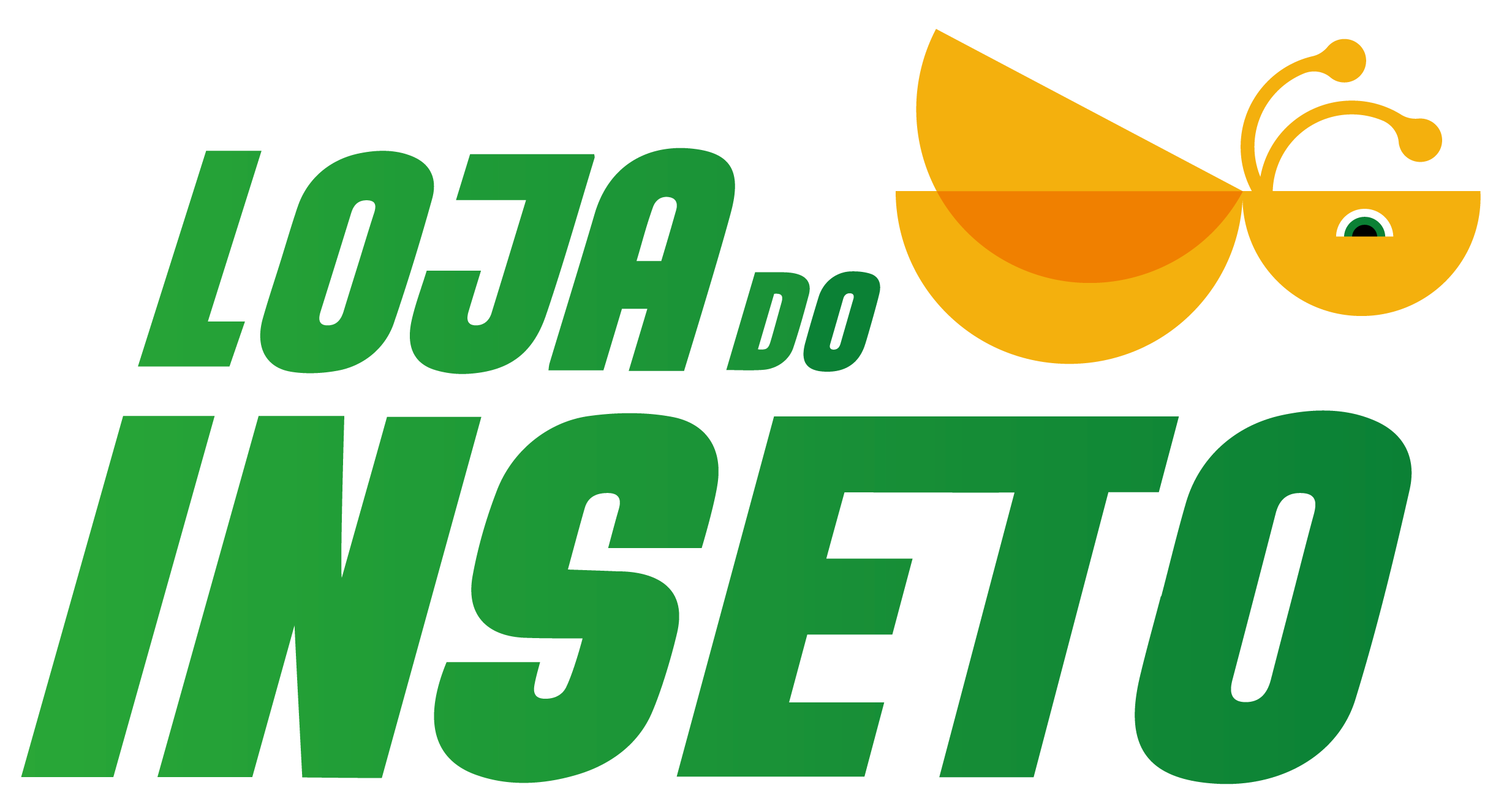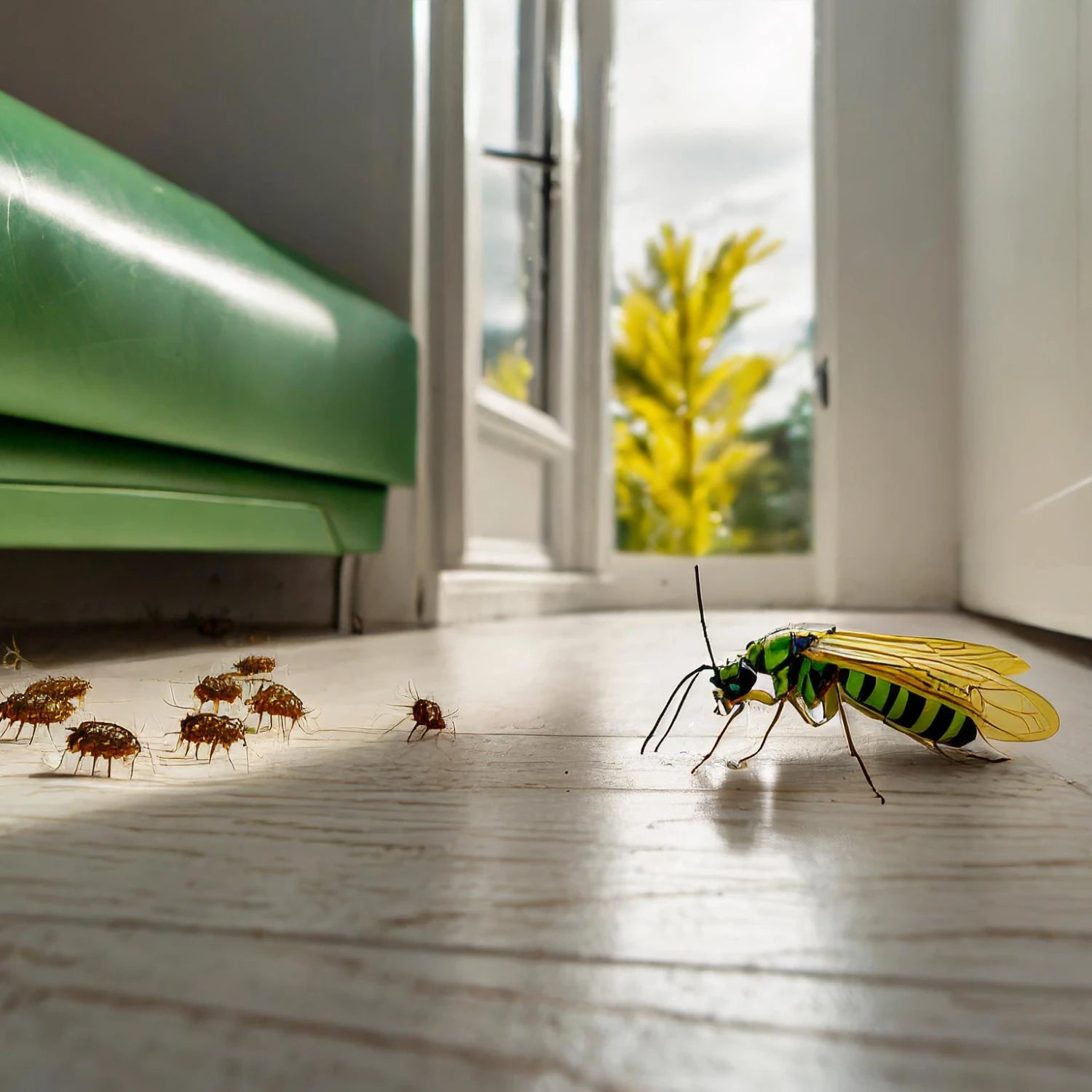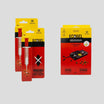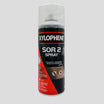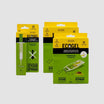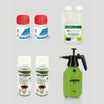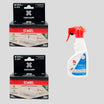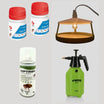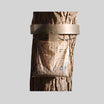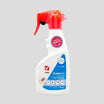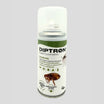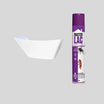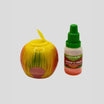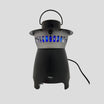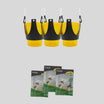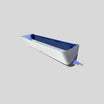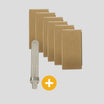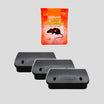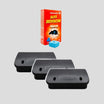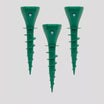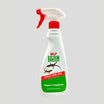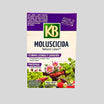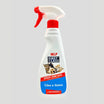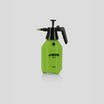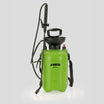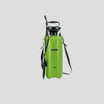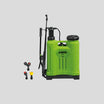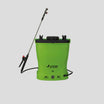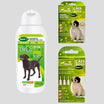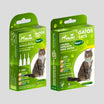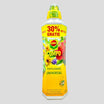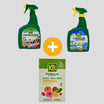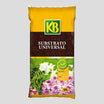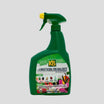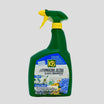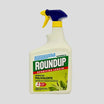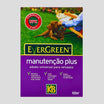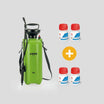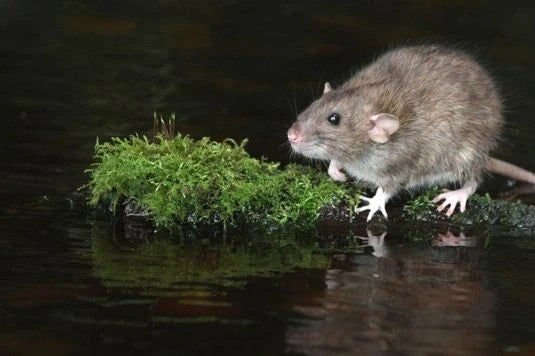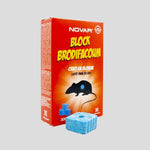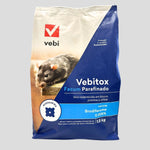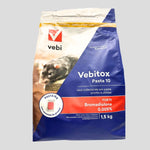Pest control is a constant concern in urban and rural environments, and rats are one of the main species that cause damage and losses in various sectors.
To combat this infestation, the use of rat poison has been one of the most common and effective strategies. However, it is important to note that the use of poison requires special care to ensure the safety of people, pets and the environment. In this text, we will discuss the advantages of using rat poison and the precautions required for a conscious and responsible approach.
Advantages of Using Rat Poison:
✅ Effectiveness in population control:
The use of rat poison is effective in controlling the population of these pests. The poisons are developed with specific chemicals that target the nervous system of rodents, resulting in the death or sterilization of individuals. This approach helps to significantly reduce the rat population in affected areas.
✅ Access to restricted areas:
Rats are known for their ability to infiltrate confined spaces such as holes, cracks and pipes. Using poison in the form of baits or powders allows pest control to target these hard-to-reach areas, reaching rats where they are hiding. This is especially useful in industrial, commercial and residential spaces where infestation can spread quickly.
✅ Complementing baits with mousetraps:
When adopting the use of rat poison in bait , it is recommended to use bait stations as a form of safety for people and pets around them. Pest control based on poison and bait stations is essential for rodent control and prevention. Additionally, using poison inside the traps reduces the time needed to eliminate rodents, resulting in a faster and more efficient solution.
Are rodenticides effective?
There are three main types of rodenticides available:
1️⃣ Anticoagulants:
Anticoagulant rodenticides are the most common and effective rodent control products. They work by inhibiting blood clotting, leading to internal bleeding and eventually death of the rodent. These products usually require multiple ingestions to be effective, which allows the rats to carry the poison back to their nests, sharing it with other members of the colony.
2️⃣ Acute rodenticides:
Acute rodenticides are designed to deliver a lethal dose in a single ingestion. They are faster acting, but also carry a higher risk of accidental poisoning of children, pets, and other non-target animals. For this reason, the use of acute rodenticides is generally recommended only in situations where other control methods have not been effective or when a rapid response is required.
3️⃣ Non-toxic baits:
These baits are designed to attract rats without being toxic to them. They are often used in conjunction with live traps, allowing rats to be captured and released in safe areas. Non-toxic baits may be a suitable option in locations where the use of chemicals is undesirable or where there are concerns about the safety of pets and children.
When choosing a rodenticide product, it is important to consider several factors, such as the severity of the infestation, the environment in which it will be used, the presence of pets or children, and local regulations.
For the best specific recommendations on rodenticide products, it is advisable to consult a pest control professional, such as an exterminator or pest control company. These professionals have up-to-date knowledge of the options available on the market and can provide appropriate advice for your specific case, taking into account the circumstances and risks involved.
Necessary Precautions When Using Rat Poison:
➡️ Correct identification of the infestation:
Before using any rat poison, it is essential to correctly identify the species of rodent present and the extent of the infestation. Some poisons are specific to certain species of rat, so choosing the right product will ensure better results. If you are not confident in identifying the species, it is recommended to hire a professional specialized in pest control.
➡️ Secure storage:
It is important to store rat poison safely, out of reach of children and pets. Products should be kept in their original packaging and stored in a cool, dry place, properly labeled. In addition, it is crucial to follow the storage instructions provided by the manufacturer, avoiding unnecessary risks.
➡️ Proper use of baits:
Rat poison baits should be strategically placed in areas where rodents usually feed or pass through. It is important to wear gloves when handling the attractive baits to avoid direct contact with the product. In addition, it is recommended to place the baits in safe places, inaccessible to children, pets and other wild animals, such as birds and cats.
➡️ Regular monitoring and maintenance:
Poison-based rat control requires regular monitoring and maintenance. Regularly checking treated areas, replacing damaged or consumed baits, and evaluating the effectiveness of the treatment are essential measures. This monitoring will allow for appropriate adjustments and identification of any problems that may arise during the control process.
➡️ Responsible disposal:
Once pest control is complete, empty containers and any leftover poison must be disposed of correctly. This waste must be disposed of in accordance with local regulations, with a view to protecting the environment and ensuring the safety of the community. Find out about the appropriate disposal procedures in your area.
Using rat poison can be an effective pest control solution, provided it is used carefully and responsibly. The advantages of this approach include effective population control, limited access and resource savings. However, it is crucial to take the necessary precautions, such as correctly identifying the infestation, storing it safely, using baits appropriately, monitoring regularly and disposing of them responsibly. By following these guidelines, it is possible to carry out effective and safe rat control, while protecting the health and well-being of all involved.
